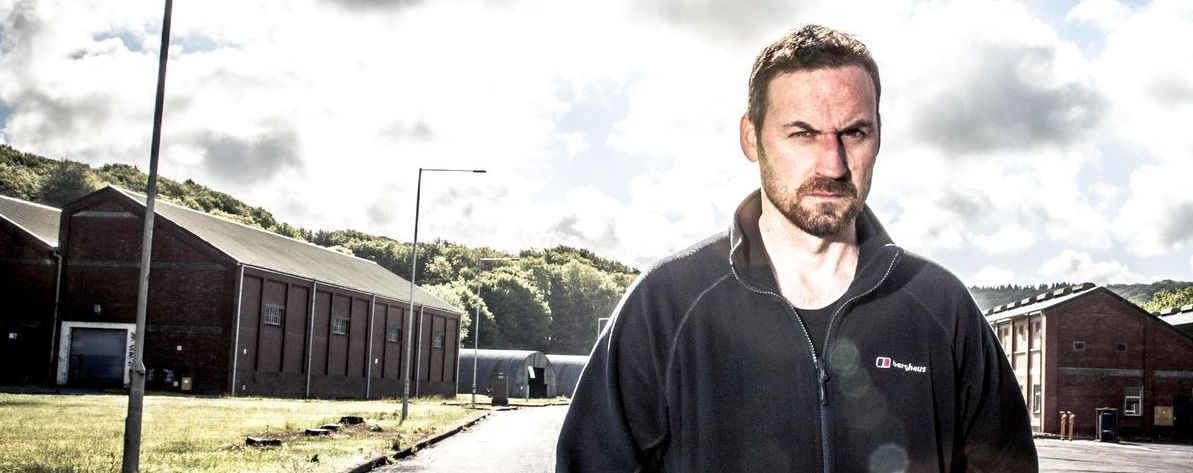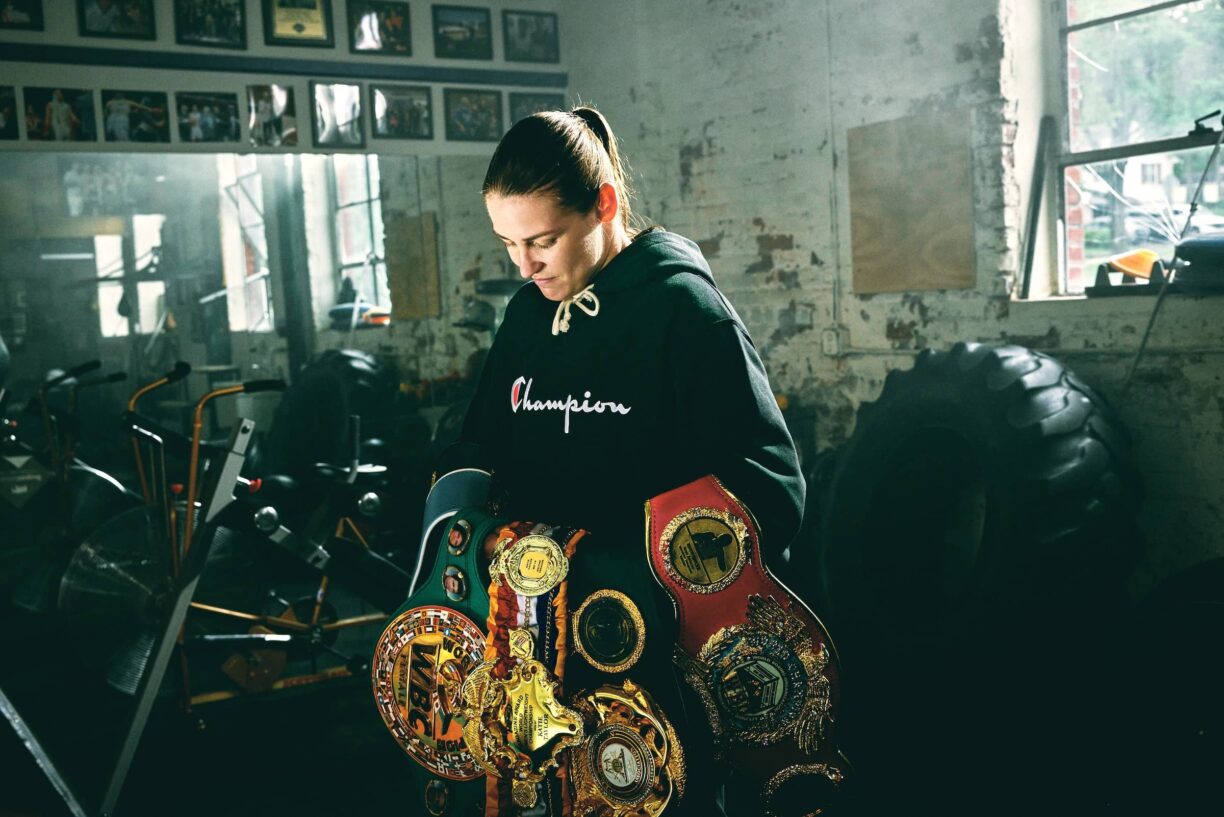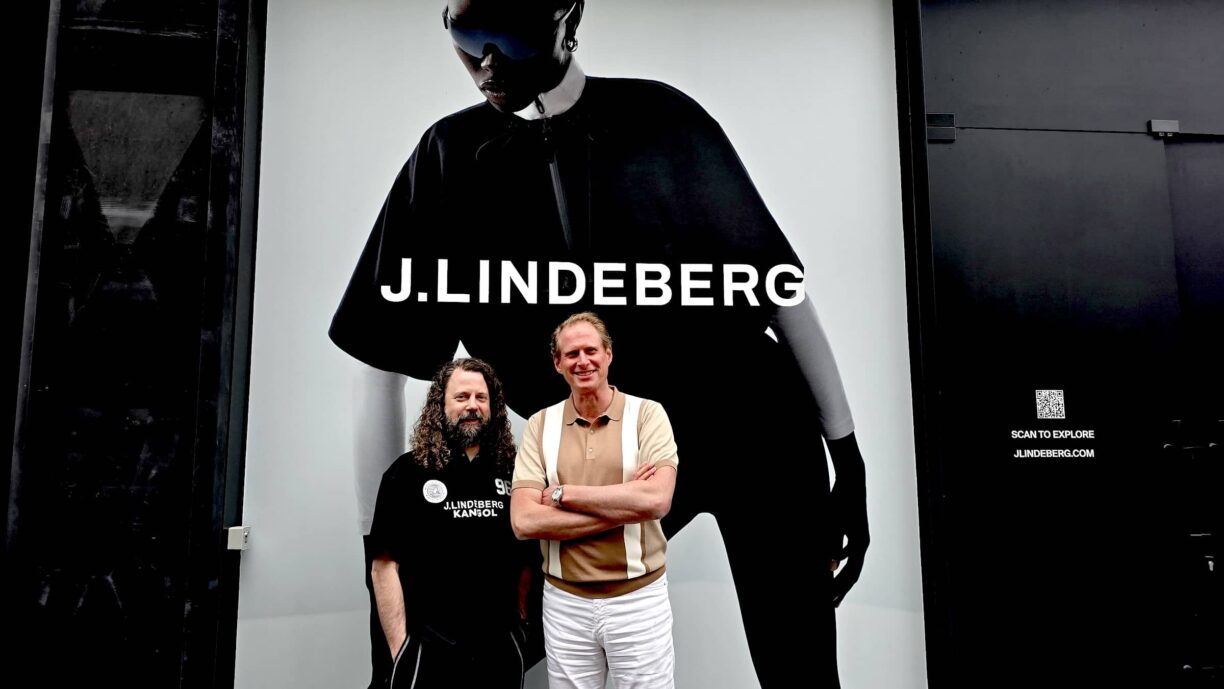Colin MacLachlan, who was listed in the Top Ranked Change Management Speakers in 2022, sat down with Sustain Health to discuss his top tips for overcoming failure.
He is a former SAS soldier, and for over two decades, he dealt with high-risk, high-pressure situations on the front line. The experience taught Colin the importance of leadership and teamwork, topics that he discusses in this exclusive interview.
Can you explain a time when you faced failure and how did you overcome the challenge?
“I think in the SAS, everybody is aware of our motto, ‘who dares wins.’ But what people probably don’t realise is that we fail all the time, but we fail in training. So, something will fail, and we’ll learn from it until we’ve refined the procedure, and made it really concise.
“And actually, during [SAS] selection, they prepare you for failure. There will be routes that you’ll be on that you can’t do, and they just want to see how you’re going to handle [failure]. Are you going to keep going? Are you going to quit? Your response says a lot about you.
“And certainly, it has helped me later in life, like when I failed to get into university or failed a job application or an audition.”
What did the military teach you about leadership?
“I think it’s a really good question about the military and leadership. One of the things the military does is let you see a vast array of different types of leadership.
Some people are very strong and dominant. I’ve also experienced some who are more, ‘let’s hear everybody’s views, and I’ll make a group decision based on all the ingredients that everybody has put in the pot.’
“I guess from that, you get to hone your own way of leading. You see things that are taken for granted, like leading with integrity and respect for everybody.
Those things are a given, but there are certain ways and techniques that you might find work better for your personality, or your unique job or role compared to others.
“And circumstances will dictate that. You may not have all the time in the world to make a decision, but if you have, what are your options?
When you take part in special missions, they force you to drill down into, what are my time priorities, What are the things that matter? What are the things that are outside of my control? What are the key things I need to get from this?
“And they force you to make those decisions quicker, which can only be a good thing in a business environment.”
Why was teamwork important in the SAS, particularly in life-or-death situations?
“Teamwork is really important in the SAS. People forget that we’re one of the few Special Forces that recruits from everywhere, the RAF, the Army, the Navy, the Territorials, and now, women too.
“So, we want as many different people with different experiences, different backgrounds, different viewpoints and perspectives as possible, because we’re greater than the sum of our parts.
And so, it has its own inherent challenges. When you bring different people together, and you’re all part of the same team, you need to speak the same language, have the same mission and drive – that has its challenges.
“Teamwork is massively important because you want to get the most out of your team, and you don’t want to be held back. And so, you have to counter for that. You want people doing things they are good at in their positions and make sure that the team, as a collective, are efficient.
“Any business wants to get the greatest efficiency and strength from its team!”
How did you stay calm under the pressure of extreme environments while in the military?
“A lot of people ask, ‘how do you remain calm when bullets are flying?’ People may be dropping, you’ve got a mission to do, things may be going wrong and it’s very easy to say, ‘I just remain calm all the time. I’m a robot. I don’t have emotions. I don’t fear.’
“But actually, you have a lot of fear; anybody that tells you they are fearless, well, they’re either lying or they’re a liability because we are all human beings.
“I think one of the other things is to focus on what you can control. In the SAS, when bullets were flying past my ears, I knew that the best chance of getting out alive was to focus on the things I could control, and hope everybody left and right of me was doing the same.
“If we spent time worrying about our own life, we would have been diving for cover. When you hear the air move as the bullets pass your ear, that’s something that makes you want to be as small as possible.
Every inch of you is trying to scream, ‘run that way,’ rather than forward. But the thing that made me go forward was to think about the consequences.
“Yes, the short-term consequences might be better. But if I run backwards, the long-term consequences will be far worse and that will be something you might never shake off.
And sometimes, when you’re faced with difficult decisions or you don’t want to have a difficult conversation, just think about the consequences – what are the short-term consequences and what are the long-term? And sometimes that will help you get to the right decision.
“That mindset can be so easily translated to the workplace. If you’ve got a really busy day or a busy project and it’s stressing you out, ask yourself, ‘what can I control and do right now?’”





